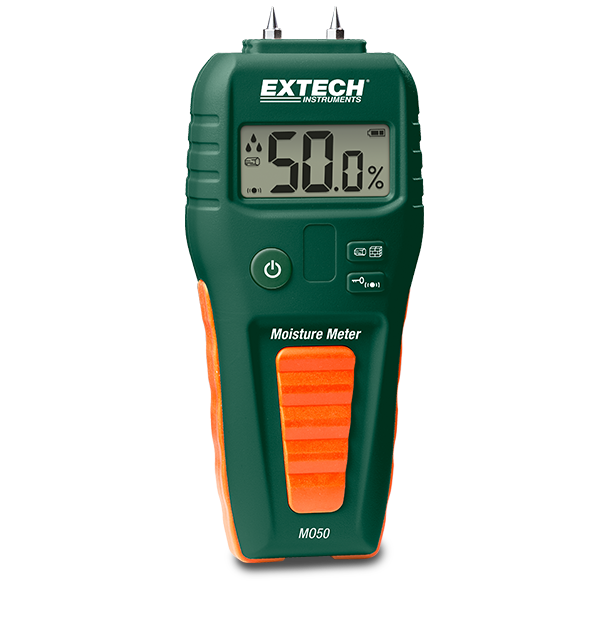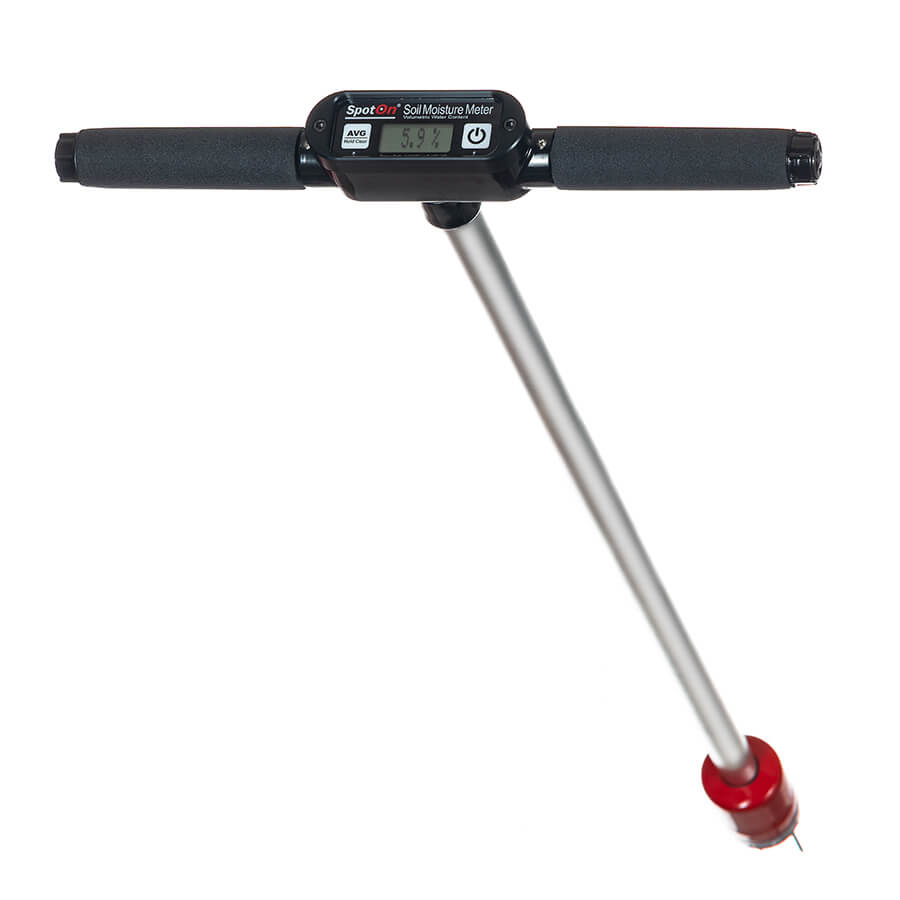Why Every Property Owner Needs a Moisture Meter: Trick Benefits and Functions
Why Every Property Owner Needs a Moisture Meter: Trick Benefits and Functions
Blog Article
The Ultimate Overview to Moisture Meters: A Comprehensive Overview and How They Can Save You Money
Wetness meters offer as crucial devices in identifying and keeping an eye on moisture content in products, helping in preventing costly damages and ensuring the high quality of products. Understanding the nuances of different kinds of moisture meters, their applications, and the potential cost-saving advantages they offer can be a game-changer for businesses and experts alike.
Sorts Of Dampness Meters
Numerous kinds of wetness meters are offered for various applications in different industries. One typical kind is the pin-type wetness meter, which gauges the electric resistance in between 2 pins placed right into a material. This kind appropriates for wood, drywall, and various other structure products. Pinless moisture meters, on the various other hand, use electro-magnetic sensing unit plates to scan a bigger location without causing damages to the material's surface. Moisture Meter. These meters are suitable for quickly assessing moisture degrees in large locations such as wall surfaces and floorings.

Furthermore, there are also specialized dampness meters developed for details products like hay, soil, or grain. These meters offer exact moisture analyses tailored to the special buildings of the material being evaluated. Infrared wetness meters measure the thermal residential properties of a product to establish its dampness web content non-invasively, making them beneficial for applications where pin or pinless meters might not appropriate. Comprehending the various types of moisture meters readily available can assist industries select the most proper device for their details wetness measurement needs.

Benefits of Using Wetness Meters
Wetness meters use indispensable advantages in precisely examining and monitoring wetness levels in varied materials and settings (Moisture Meter). One of the main advantages of utilizing moisture meters is the avoidance of possible damage brought on by excess moisture. By finding and attending to high wetness degrees early on, wetness meters help to stop mold growth, rot, and architectural damage in buildings, saving both money and time on fixings. In addition, dampness meters help in guaranteeing the quality of products throughout building and construction or manufacturing procedures. By precisely determining moisture web content, these tools help maintain the integrity of wood, drywall, concrete, and other products, reducing the risk of issues or failures.
Additionally, making use of wetness meters can lead to boosted power performance. By identifying locations with high wetness levels, such as leakages or poor insulation, modifications can be made to boost energy preservation and reduce utility prices. In farming setups, wetness meters play an important duty in enhancing plant yields by making it possible for farmers to keep track of soil wetness levels and make notified irrigation choices. Overall, the benefits of utilizing dampness meters extend throughout different markets, supplying cost-effective remedies and advertising much better quality control methods.
Exactly How to Choose the Right Moisture Meter
Choosing the suitable wetness meter entails thinking about vital elements such as product compatibility, measurement variety, and calibration precision. When selecting a dampness meter, it's vital to ensure that the meter is suitable for the particular material you will be testing. Various products have differing electric buildings that can affect moisture analyses, so picking a meter made for your material is crucial for accurate outcomes. In addition, take into consideration the measurement variety of the dampness meter. Ensure that the meter can find dampness levels within the range needed for your applications. Calibration precision is an additional vital variable to bear in mind. Opt for a dampness meter with trustworthy calibration to make sure consistent and precise analyses. Some meters may call for periodic calibration modifications, so understanding the calibration click to read more procedure is very important. By very carefully assessing these variables, you can pick a moisture meter that fulfills your needs and provides exact dampness measurements for your tasks.
Correct Methods for Wetness Meter Usage

Price Cost Savings With Wetness Meter Applications
How can the strategic usage of wetness meters lead to substantial price financial savings throughout numerous markets? In the farming industry, moisture meters help in determining the optimum time for collecting crops, avoiding over-drying or excess wetness that can affect the last product's top quality.
Similarly, in construction, wetness meters help prevent expensive problems by identifying wetness degrees in building products, such as wood or concrete, which can lead to structural issues if not resolved quickly. By determining issue areas early on, contractors can take corrective actions to avoid substantial repair services or replacements, eventually conserving time and money.
In addition, in the food processing sector, wetness meters are essential for keeping track of product top quality and making certain conformity with security policies. By precisely measuring dampness material in food products, suppliers can stop wasting, preserve quality, and lower waste, causing substantial price savings. Overall, the tactical find here application of dampness meters is an important financial investment that can cause considerable cost decreases and enhanced effectiveness across different sectors.
Final Thought
Finally, dampness meters are important devices for finding and determining dampness degrees in different materials. By utilizing the right moisture meter and adhering to correct techniques, individuals can successfully avoid costly problems triggered by excess moisture. Purchasing a quality dampness meter can result in substantial cost financial savings in the future by recognizing prospective issues at an early stage and making it possible for punctual removal. Ultimately, dampness meters are necessary instruments for keeping the stability and long life of materials and frameworks.
Wetness meters serve as important devices in spotting and checking see this page moisture web content in materials, helping in protecting against costly problems and guaranteeing the high quality of items. Infrared wetness meters gauge the thermal homes of a product to establish its wetness web content non-invasively, making them beneficial for applications where pin or pinless meters may not be appropriate.Wetness meters offer invaluable advantages in accurately checking and evaluating dampness levels in diverse materials and atmospheres. In farming settings, wetness meters play a vital function in enhancing crop returns by enabling farmers to keep an eye on dirt moisture levels and make informed irrigation decisions.In conclusion, wetness meters are valuable tools for measuring and spotting wetness levels in various products.
Report this page